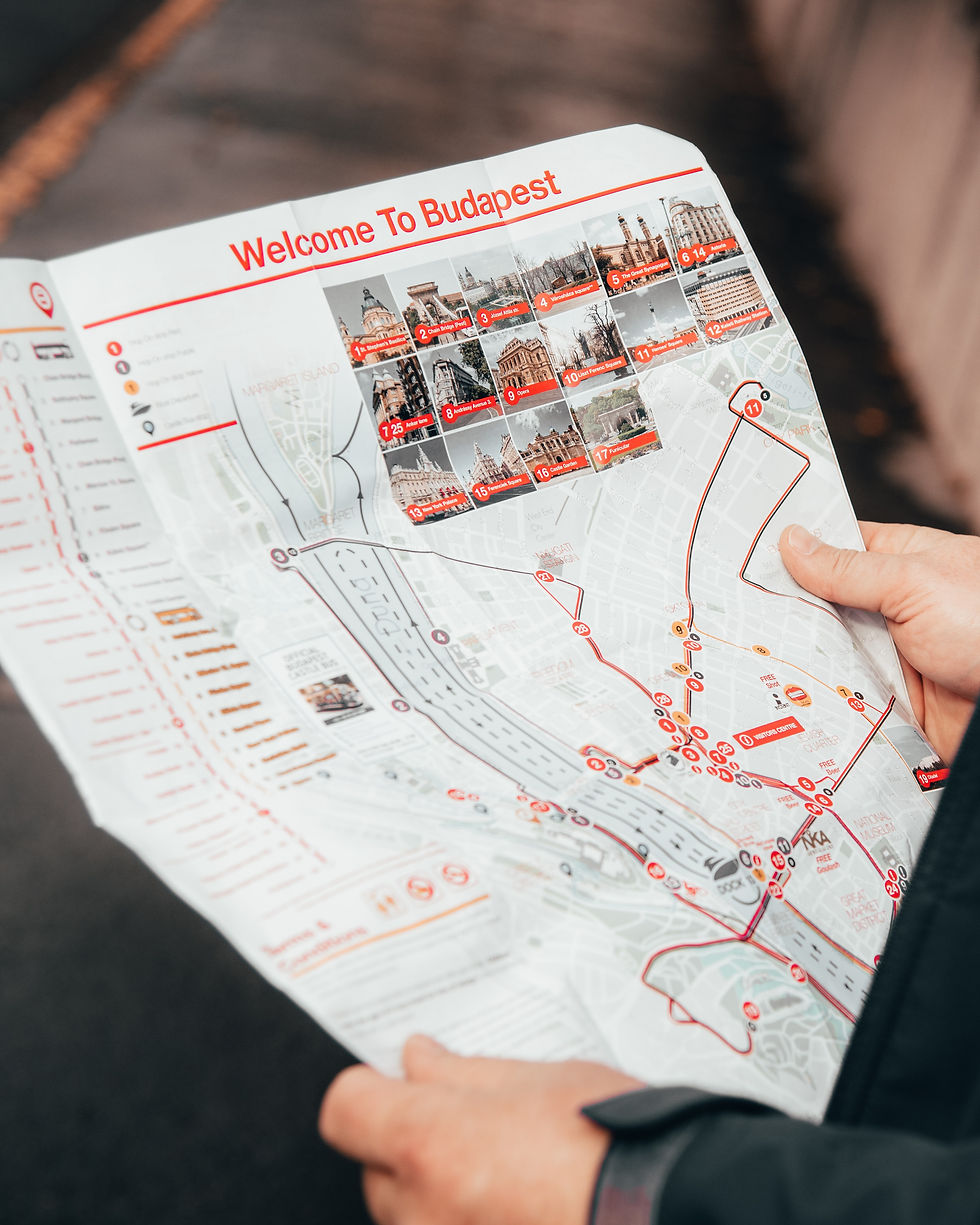Hospitality in Transition: How Changing Travel Habits Are Redefining the Industry
- Attila

- Jan 6, 2025
- 3 min read
Updated: Mar 20, 2025
I used to love going away with friends once a year—somewhere abroad for a quick escape. Flights were often cheaper than a train ticket from London to Bristol, and those cheeky £10 tickets to Alicante made it all the more tempting. But now, those kinds of deals are becoming less and less frequent, and people are having to rethink their travel choices to make them work.

Tourism has always been about discovery, adventure, and connection. But over the past few years, it’s changed a lot. With inflation, rising travel costs, and a shift in how we prioritise spending, many of us are still traveling—but we’re doing it differently.
One of the biggest changes has been the end of cheap flights in Europe. The days of snagging a last-minute bargain seem to be over. In April 2023, the German Federal Statistical Office reported that international flights cost 33.4% more than they did a year earlier, and we’re still far from pre-pandemic pricing. As a result, people often have less to spend once they arrive at their destinations, leading to more budget-friendly choices for accommodation, food, and activities.

Despite the rising costs, though, travel isn’t slowing down. European air traffic in early 2024 is back to 2019 levels. That’s incredible when you think about it, considering how the pandemic brought travel to a standstill and how fuel prices have made everything more expensive. Clearly, people still value the joy and experience of getting away, even if they need to stretch their budgets to make it happen.
I’ve noticed this firsthand while chatting with operators across Europe over the last six months, from Norway to Malta. They all say the same thing: room bookings are on the same level as previous years, but guests are spending less. Instead of splurging on dining in the hotels’ restaurants and paying for extras, people are cutting back, focusing on essentials, and looking for cheaper options. This lines up with a recent European Travel Commission report showing that foreign arrivals and overnight stays are up compared to last year—but the average spend per trip is going down.
Could this shift in spending be why fine dining restaurants are feeling the pinch? Inflation and changing consumer habits across Europe are making it harder for these establishments to justify their prices. Just back in October, Chef Glynn Purnell announced the closure of his iconic restaurant in Birmingham, revealing that bookings had fallen by more than 20% — just one of many in recent times. And it’s not just consumer behavior affecting the industry. In several countries, government decisions to tackle inflation and the current economic hardship, like the UK’s national insurance increase or Germany’s VAT hike, have added further pressure on hospitality businesses already struggling to balance their books.

It’s not just about fine dining, though. Across the board, travelers are prioritising value over premium. Street food, local markets, and affordable tours are becoming the new norm. Travelers are getting creative, finding joy in simpler things like a scenic hike or exploring a city on foot. It’s not necessarily worse—it’s just different.
These changes raise an important question: is this the beginning of a broader shift in how we approach dining and hospitality, or can the industry adapt to meet these new challenges?
As we move forward, the tourism industry will need to adapt. Rising costs mean travelers will continue to look for more affordable and sustainable options. But one thing is clear: even with tighter budgets, people are still prioritising travel. It’s a way to recharge, connect, and experience something new—and that’s not going away anytime soon.
For me, it’s a reminder that travel isn’t about how much you spend; it’s about the memories you make. What about you? Have you noticed these changes in how people travel, or maybe in how you plan your own trips? And for those of you in the industry—have you seen this shift in spending habits, and how are you adapting, if at all? Let’s hear your thoughts!
Sources:
• EUROPEAN TOURISM: Trends & Prospects Quarterly Report (Q2/2024)






Comments